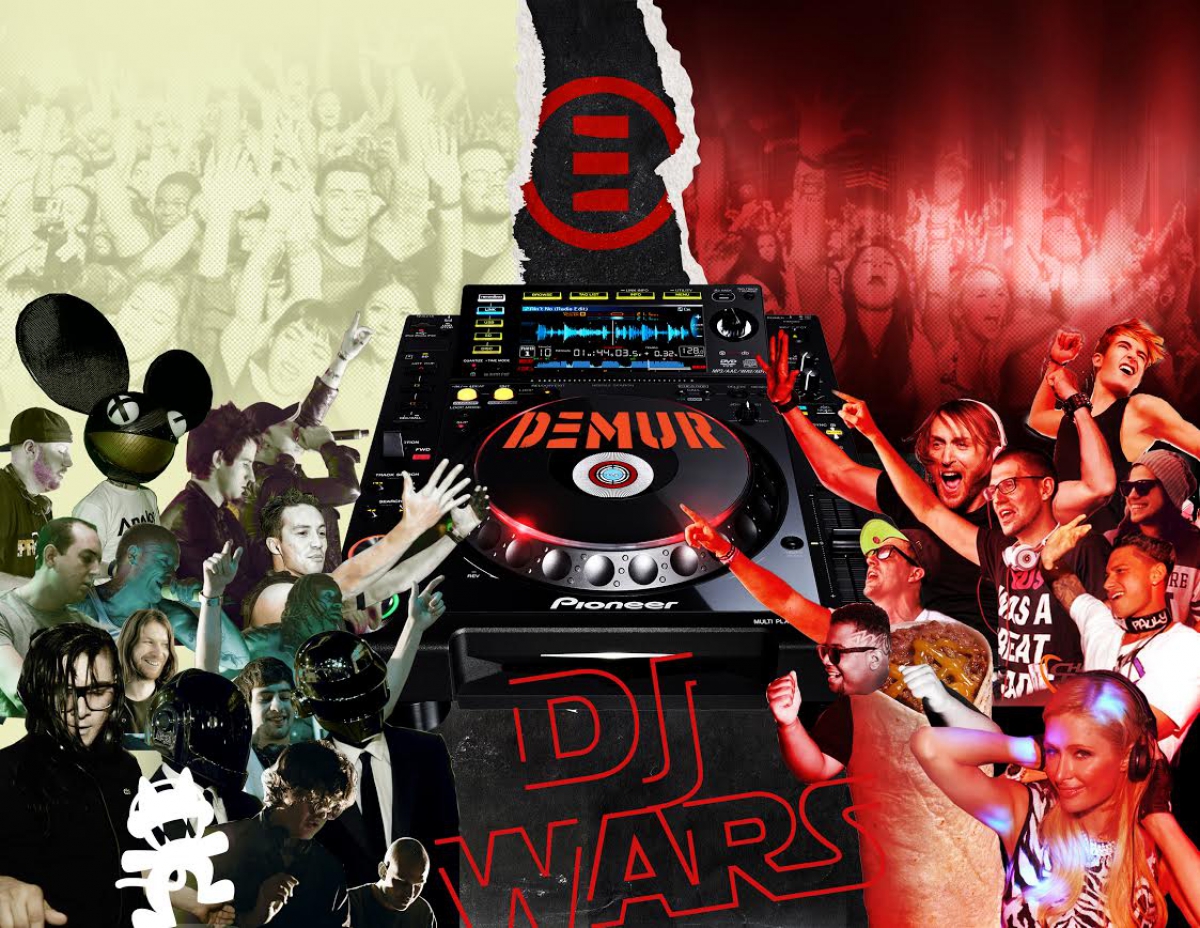I don’t know if you’ve noticed, but there have been a lot of articles about drugs lately.
And yes, we’ve put out quite a few ourselves, but many other publications, including VICE, Resident Advisor, and EDM.com, have also lately been shedding light on a variety of political, social, and ethical issues surrounding the use of drugs. Why is that? Why now?
In 2015, the number of states that legalized marijuana in some form, recreational or medical, grew to 23. In 2015, the purity and availability of ecstasy in the UK fluctuated wildly. In 2015, we saw a number of deaths attributed to ecstasy and other drug use worldwide, especially in the UK, United States, and Australia. The issues worldwide relating to drug use have been on the rise for the past twelve months and that has been reflected in media coverage, whether positive or negative.
The War on Drugs, or prohibition, or whatever you want to call it has been going long before President Nixon’s press conference in June of 1971, though it certainly hasn’t gotten any better since then. As of 2014, according to federal offense data, “fifty percent (95,800) of sentenced inmates in federal prison on September 30, 2014 were serving time for drug offenses.” Data on the types of offenses was not available, though you can imagine how many of them were for non-violent offenses.
The point is that the problems regarding drug use, especially in the electronic music community, are not a black & white issue – the problem is that they have been treated as such. Because use of certain drugs is outlawed completely – called Schedule I in the US – the government has no obligation to provide materials that would educate people on how to use drugs safely. And why would they? Telling people how to use drugs safely is implicit in allowing people to use drugs, isn’t it?
Remember when I said it wasn’t black & white…
The responsibility of drug education has fallen to the internet; certainly not to the mainstream media, which profits off of fear and proliferation of dangerous and often misleading information about drug use. The internet crowd-sources information from hundreds of thousands of users across the globe who aid in fact checking and providing new data.
“The main way of improving experiences is research. So use pillreports.com before taking ecstasy, Erowid before taking anything you’ve not heard of before, Bluelight or Reddit to ask about anything you’re unsure of—there is plenty of advice and information out there which could save lives,” says Dr. Dredge, a psychonaut, former online dealer, and experienced online buyer. “Don’t buy drugs off people you don’t know, use the darkweb if possible. There are reviews on product, vendor, and the prices are cheaper than the street. You also don’t have the potential of getting pulled by the police as you’re on your way home from picking it up.”
While the internet is always vulnerable to misinformation, it has become a resource for users, new and veteran, in their mind-altering journeys.
VICE, in their coverage, brings up the American pharmacologist Ronald K. Siegel, in whose book “concluded that after the basic human desires of hunger, thirst, and sex comes a ‘fourth drive,’ an instinctive urge to change our ordinary state of awareness.” According to this interpretation, prohibition is as harmful as rationing food, or a major drought … or a chastity belt. However, mind-altering substances are not limited to those found in Schedule I, like LSD, cannabis and MDMA. Chemicals found in cigarettes (nicotine), alcohol, coffee (caffeine), and other over-the-counter or otherwise legal substances can affect body chemistry and alter the mind.
So why are Schedule I drugs illegal? Many people believe it’s because these drugs are prohibited that they continue to cause damage.
The only alternative, it seems, is for governments to seize the reins of the drug trade, by controlling how drugs are cultivated, manufactured, marketed, distributed, and sold; in other words, legalization.
It’s a vicious cycle that allows cartels to profit off of people’s ignorance. Without proper information being fed to adolescents and young adults, those most likely to use/abuse drugs in their lives, the illegal suppliers are able to peddle and swindle.
Certain people, like New South Wales’ Police Minister Tony Grant, continue to hold onto the idea that if something is illegal, it is inherently wrong, and refuses to set up legal pill testing in Australia. Here are some other things that were illegal throughout the course of time: interracial marriage, sodomy, marijuana…
The fact that something is illegal does not make it inherently bad or wrong. Many laws were and are created for corporate and monetary reasons.
The respective governments of the world need to realize that they, too, can profit from regulating drugs like cannabis, MDMA, and LSD. They can make the substances safer, too. It’s all a matter of public perception, and perception is shifting that way. At the current time, old school politicians are worried about appearing “too soft” on drugs and losing their constituents. But as constituents change, shift, morph from the baby boomer generation to the millennial generation, we’re likely to see a major shift in drug policy and reform.
That won’t happen in 2016, not completely, at least. But it’s clear that issues revolving around drugs across the world are reaching a head. Something is going to happen; something needs to happen.
H/T VICE










